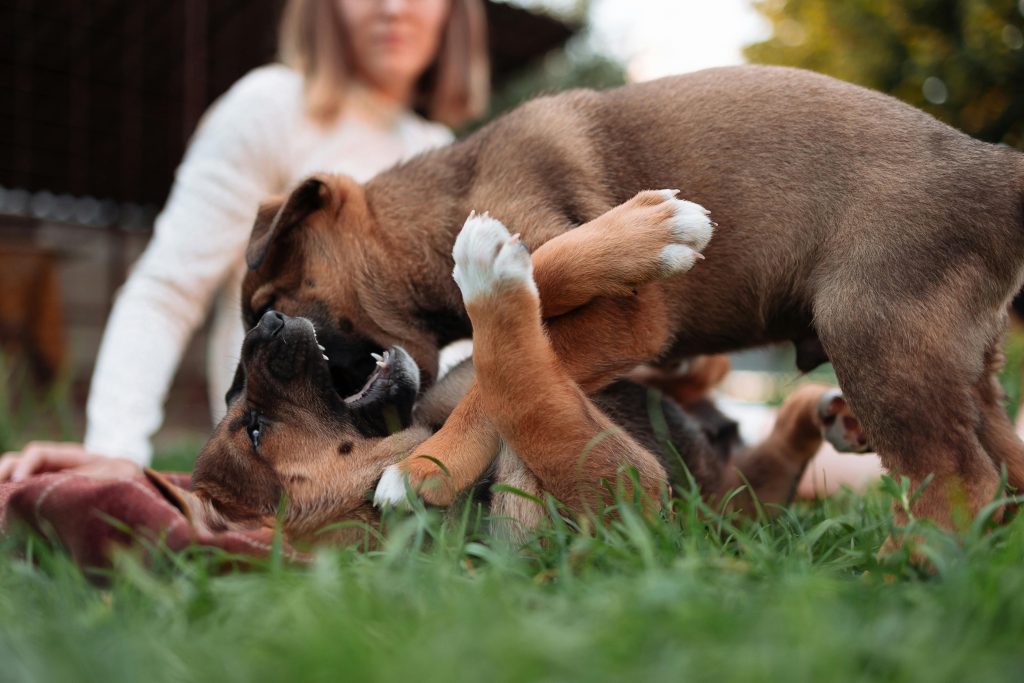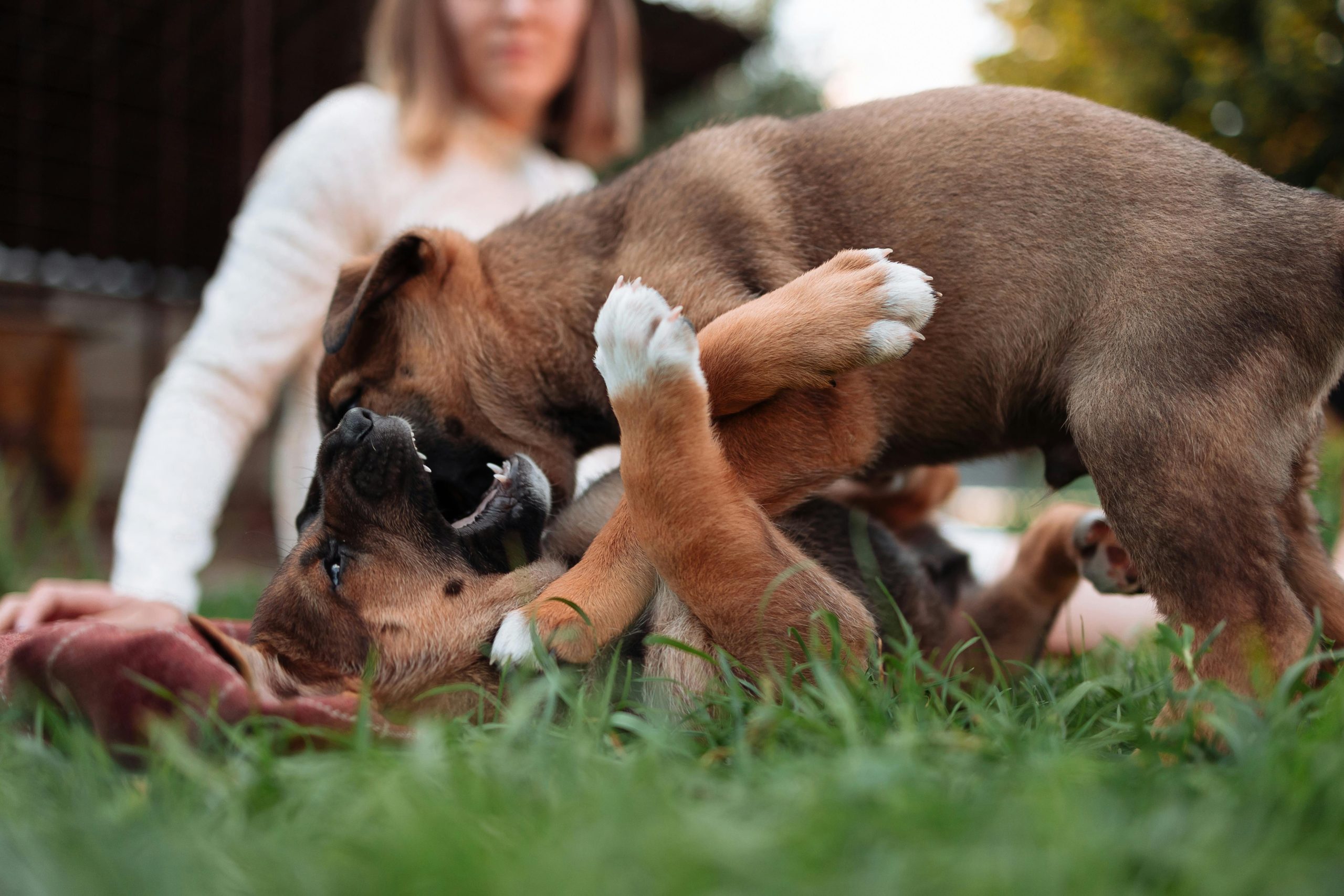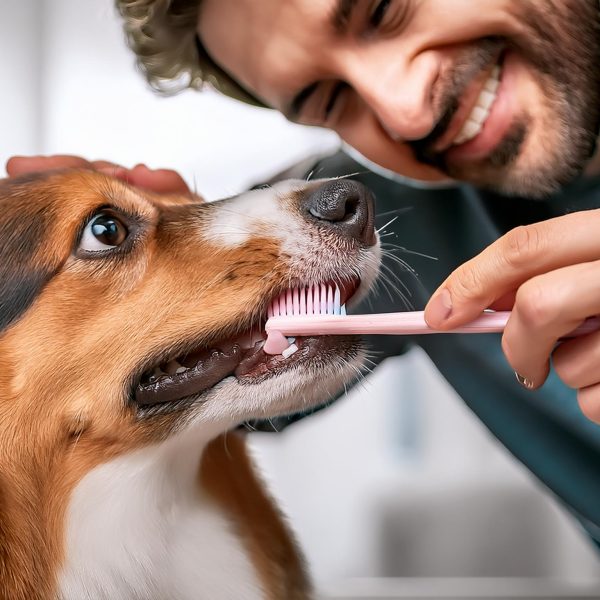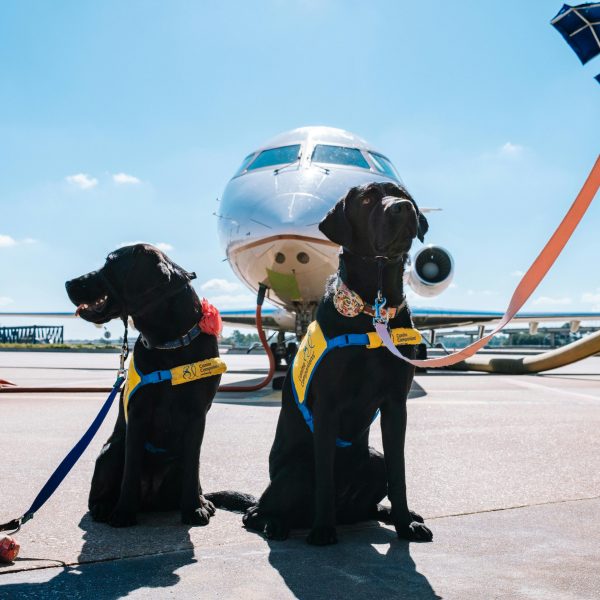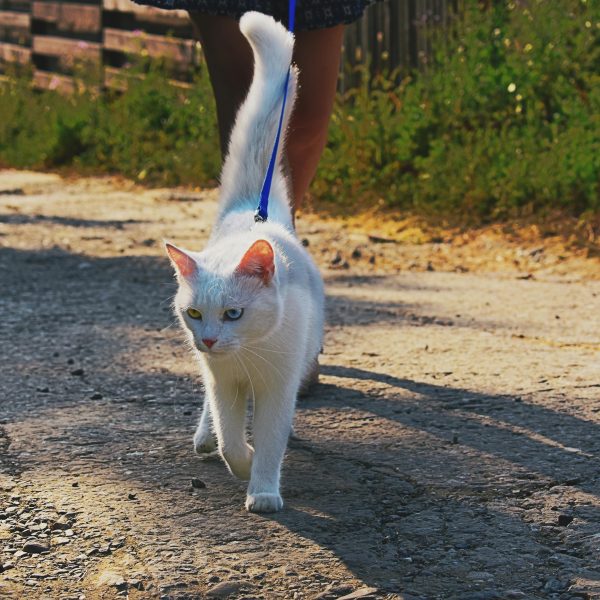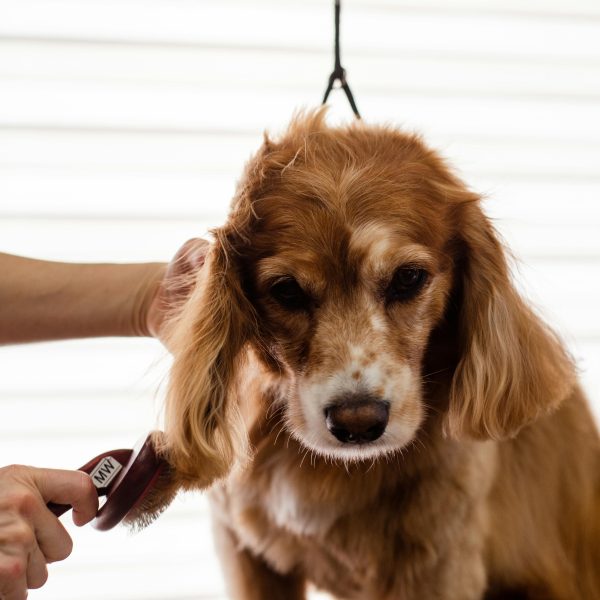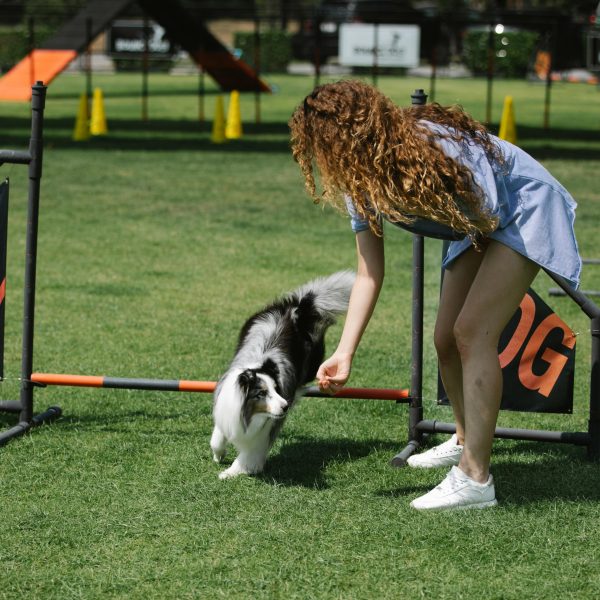Having a pet entails duties, with training being an aspect. Whether you own a dog or an inquisitive cat, training plays a role in ensuring their well-being and seamless integration into your home. While obedience training is often emphasized, socialization holds importance in nurturing a flexible pet. This article delves into the importance of socializing pets during training and presents a strategy to help your furry friend thrive in diverse settings.
Understanding Socialization
Socialization involves exposing pets to experiences, environments, and stimuli during their developmental phases. This exposure helps them acclimate to situations and teaches them ways to interact with people, animals, and their surroundings. Effective socialization not only prevents fear or aggression but also encourages confidence, flexibility, and positive conduct.
The Crucial Phase
For puppies and kittens, the critical period for socialization typically spans from three weeks to three months of age. During this window, they are most open to experiences and tend to form positive connections more easily. Nonetheless, socialization should be a process throughout their lives to reinforce learning and adaptability.
The Advantages of Socializing Your Pet
- Decreased Anxiety and Fear: Pets that are socialized tend to be calmer and more confident when faced with unfamiliar situations, making them better equipped to handle changes without feeling anxious or fearful.
- Communication Skills: Socialization helps pets learn how to communicate with other animals and humans through body language, vocalizations, and appropriate play behavior. These skills are crucial for building relationships.
- Prevention of Aggression: Socialized pets are less likely to display behaviors towards others as they understand social cues and signals, reducing the chances of misunderstandings or conflicts.
- Enhanced Adaptability: Exposing pets to environments like parks, streets, and indoor spaces helps them adapt easily to situations. This adaptability is particularly useful for pets that often accompany their owners on outings or trips.
- Strengthened Relationship with Owners: Positive socialization experiences involving interaction and rewards from owners strengthen the bond between pets and their human companions. This bond nurtures trust, respect, and mutual understanding, creating a strong relationship.
A Holistic Approach to Socialization
- Start socializing your pet from a young age during its critical developmental period.
- Let them explore settings, meet people and animals, hear different sounds, and experience new things little by little to ensure they have positive interactions.
- Use reinforcement like treats, praise, and playtime to help reinforce behaviors during socialization activities. This approach boosts learning and encourages pets to engage willingly with situations.
- Start by introducing your pet to controlled environments with distractions to prevent them from feeling overwhelmed. As they grow more comfortable, gradually increase the complexity of their surroundings.
- Always supervise socialization sessions to keep your pet safe and step in if needed. Watch for any signs of stress or discomfort in their body language and offer reassurance and support when necessary.
- Consistency is key when it comes to socializing your pet. Repeat encounters with stimuli to strengthen associations and encourage adaptability.
- Ease your pet into experiences slowly at their pace. Avoid pushing them into interactions or exposing them to situations that might be too much for them, as this could lead to fear or anxiety.
- Consider seeking advice from a trainer or behaviorist who can create a customized socialization plan for your pet. They can offer strategies, techniques, and support tailored to address needs and challenges.
Building skills is key in training pets, as it plays a vital role in shaping their behavior, personality, and overall happiness. Introducing pets to situations in a controlled way can assist them in becoming self-assured, flexible, and well-mannered companions. Employing a socialization strategy, along with being patient, reliable, and using feedback, sets the stage for a rewarding bond between pets and their owners, enhancing their lives in numerous aspects.

